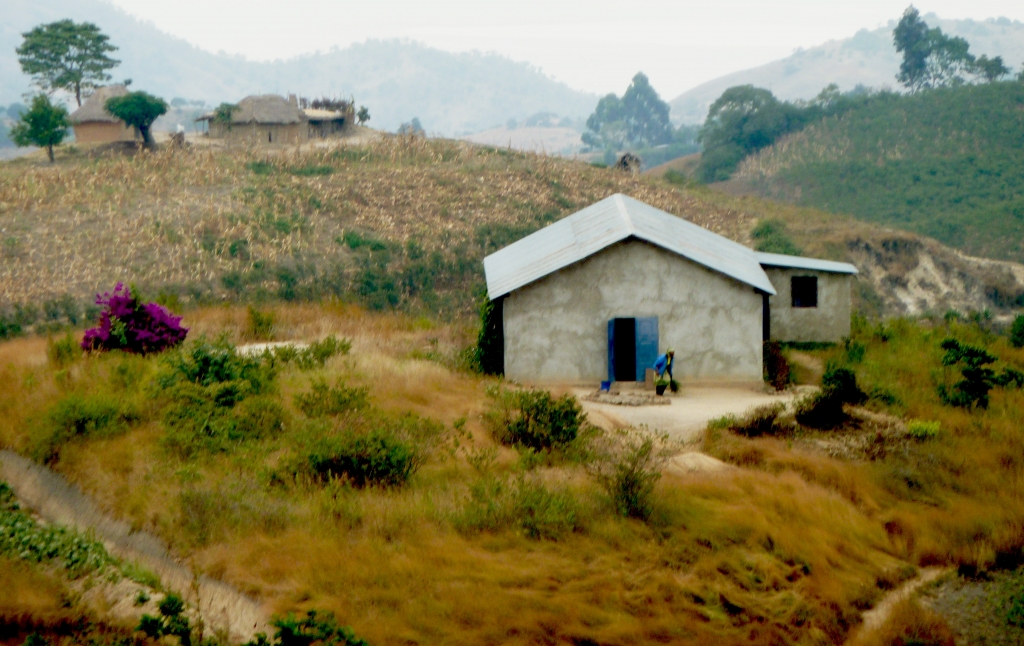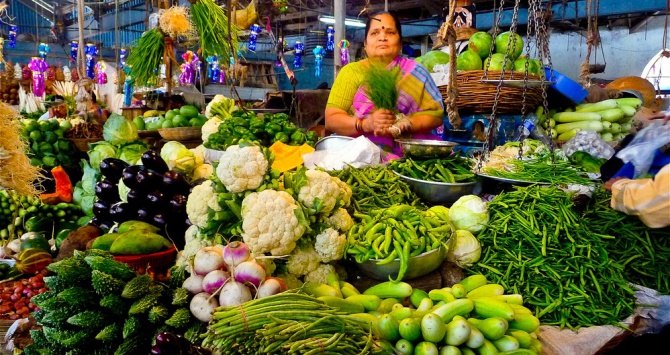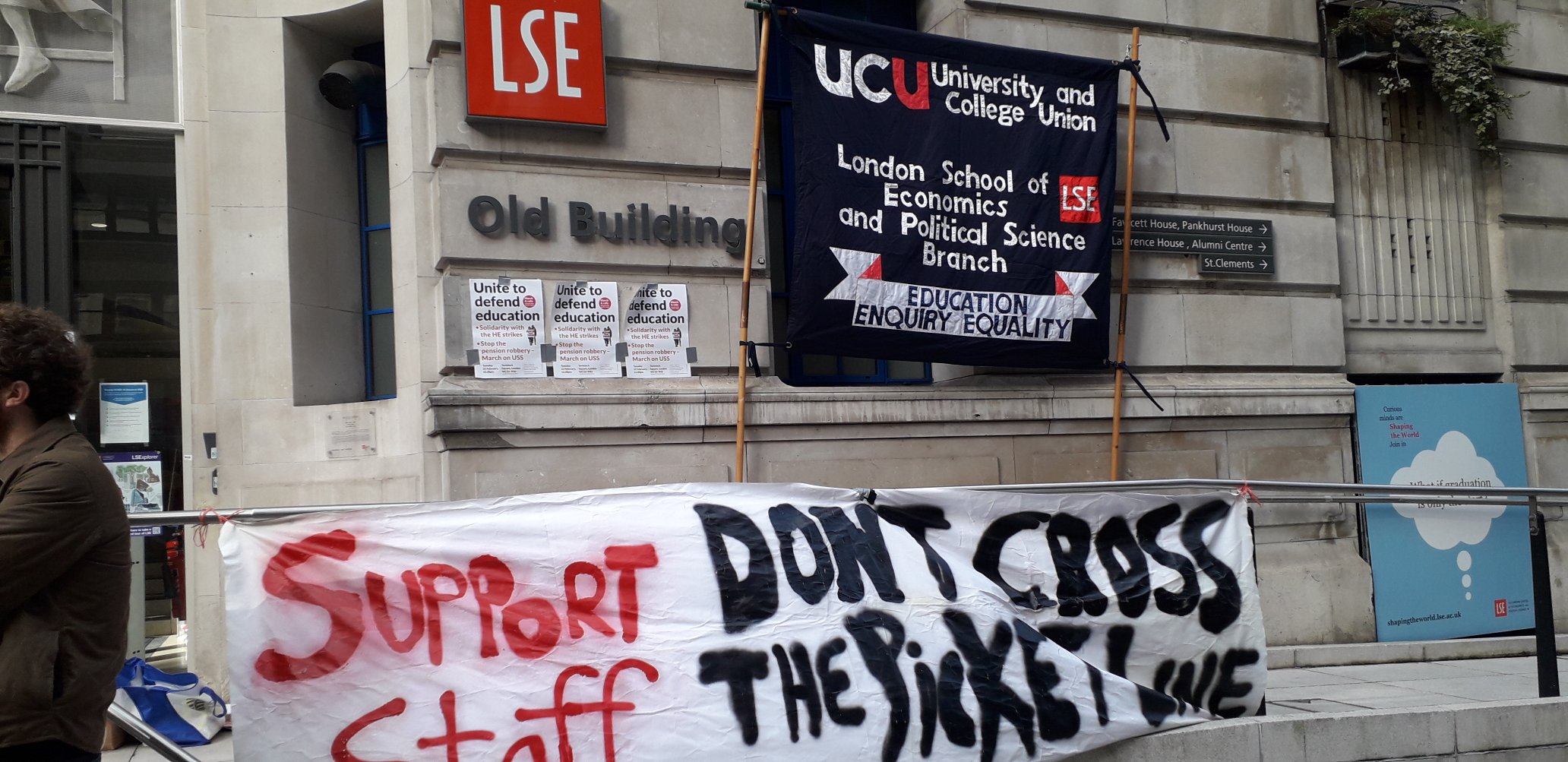In her new paper, Professor Cathy Boone, examines political science literature on sons-of-the-soil (SoS) conflicts in South Asia, and explains why they fall short in the African context.
Forthcoming, World Development
Can the political science literature on sons-of-the-soil (SoS) conflict and civil war explain patterns of ethnic conflict over land in sub-Saharan Africa? Sons-of-the-soil terminology, developed with reference to conflicts in South Asia, has been used to describe some of Africa’s most violent or enduring conflicts, including those in in eastern DRC, northern Uganda, the Casamance Region of Senegal, and southwestern Côte d’Ivoire. Is Africa becoming more like South Asia, where land scarcity has often fueled conflicts between indigenous land owners and in-migrants? This paper argues that political science theories that focus on rural migration and land scarcity alone to explain outbreaks of SoS conflict in Asia fall short in Africa because they are underdetermining. The paper proposes a model of structure and variation in land tenure institutions in sub-Saharan Africa, and argues that these factors are critical in explaining the presence of absence of SoS conflict over land. This conceptualization of the problem highlights the strong role of the state in structuring relations of land use and access, and suggests that the character of local state-backed land institutions goes far in accounting for the presence or absence, scale, location, and triggering of large-scale SoS land conflict in zones of smallholder agriculture. A meta-study of 24 subnational cases of land conflict (1990-2014), drawn from secondary and primary sources and field observations, generates case-based support for the argument. The study suggest that omission of land-tenure institution variables enfeebles earlier political science theory, and may inadvertently lead policy makers and practitioners to the erroneous conclusion that in rural Africa, primordial groups compete for land in an anarchic state of nature.
The article is available to download and view here.
Catherine Boone is Professor of Comparative Politics at the London School of Economics and Political Science. She is a political scientist interested in patterns conducted research on industrial, commercial, and land tenure policies in West Africa, where her work has been funded by the SSRC, Fulbright, the World Bank, and the Harvard Academy for International and Area Studies, and the ACLS, and the Long Chair in Democratic Studies at the University of Texas at Austin. She is also the author of the award winning book: Property and Political Order: Land Rights and the Structure of Conflict in Africa (2014) Cambridge University Press.
The views expressed in this post are those of the author and in no way reflect those of the International Development LSE blog or the London School of Economics and Political Science.






